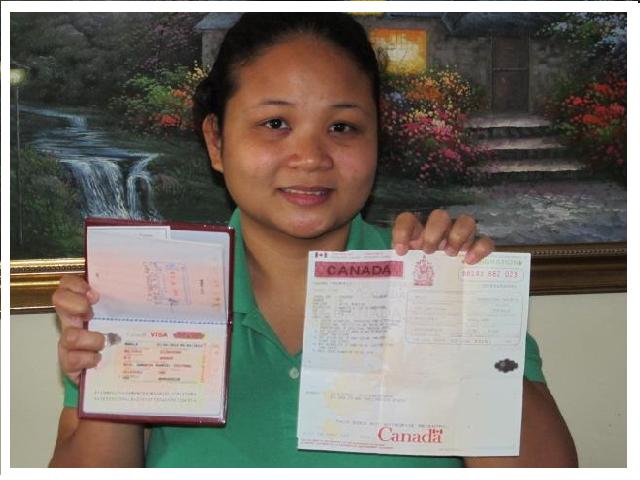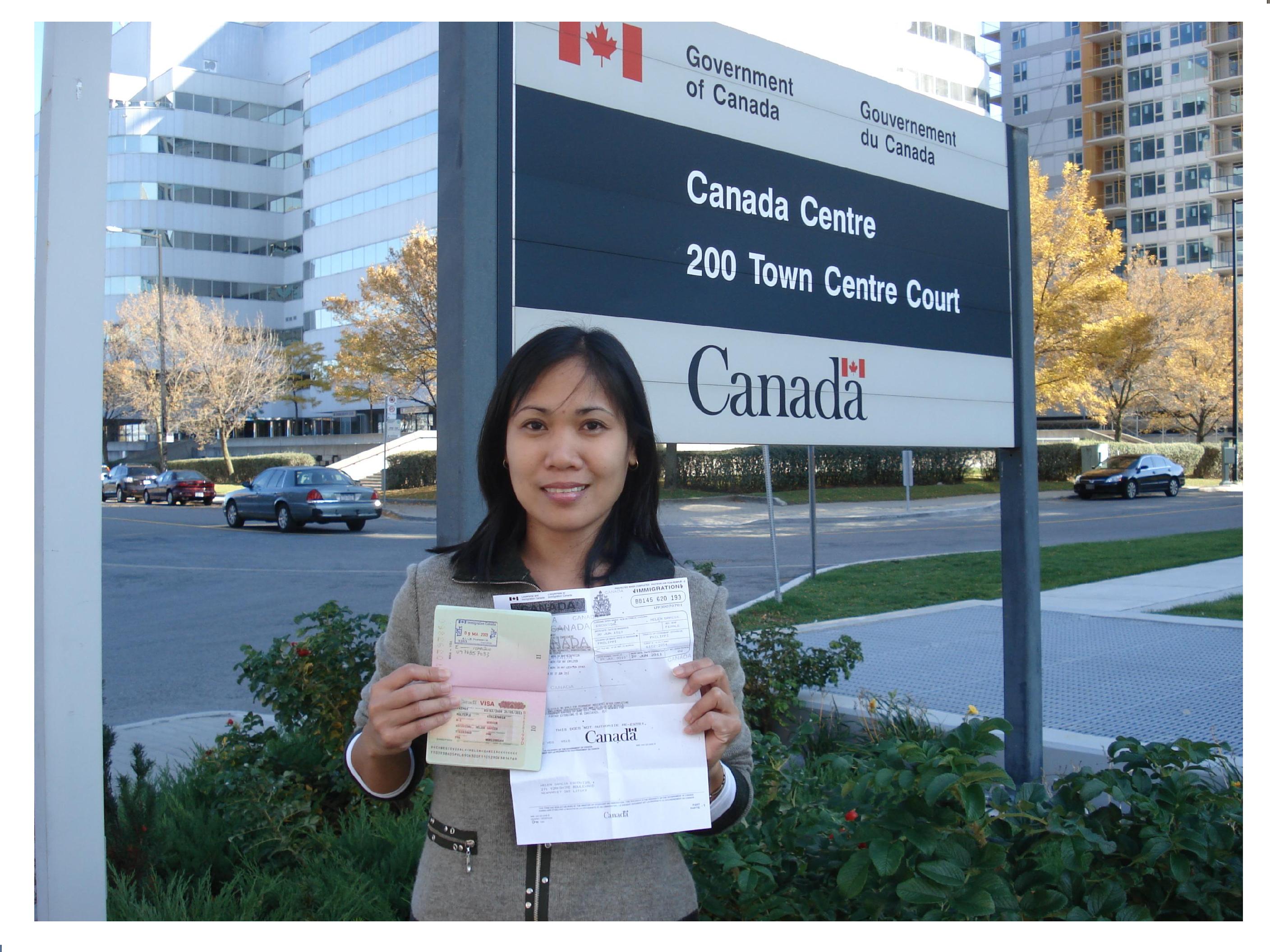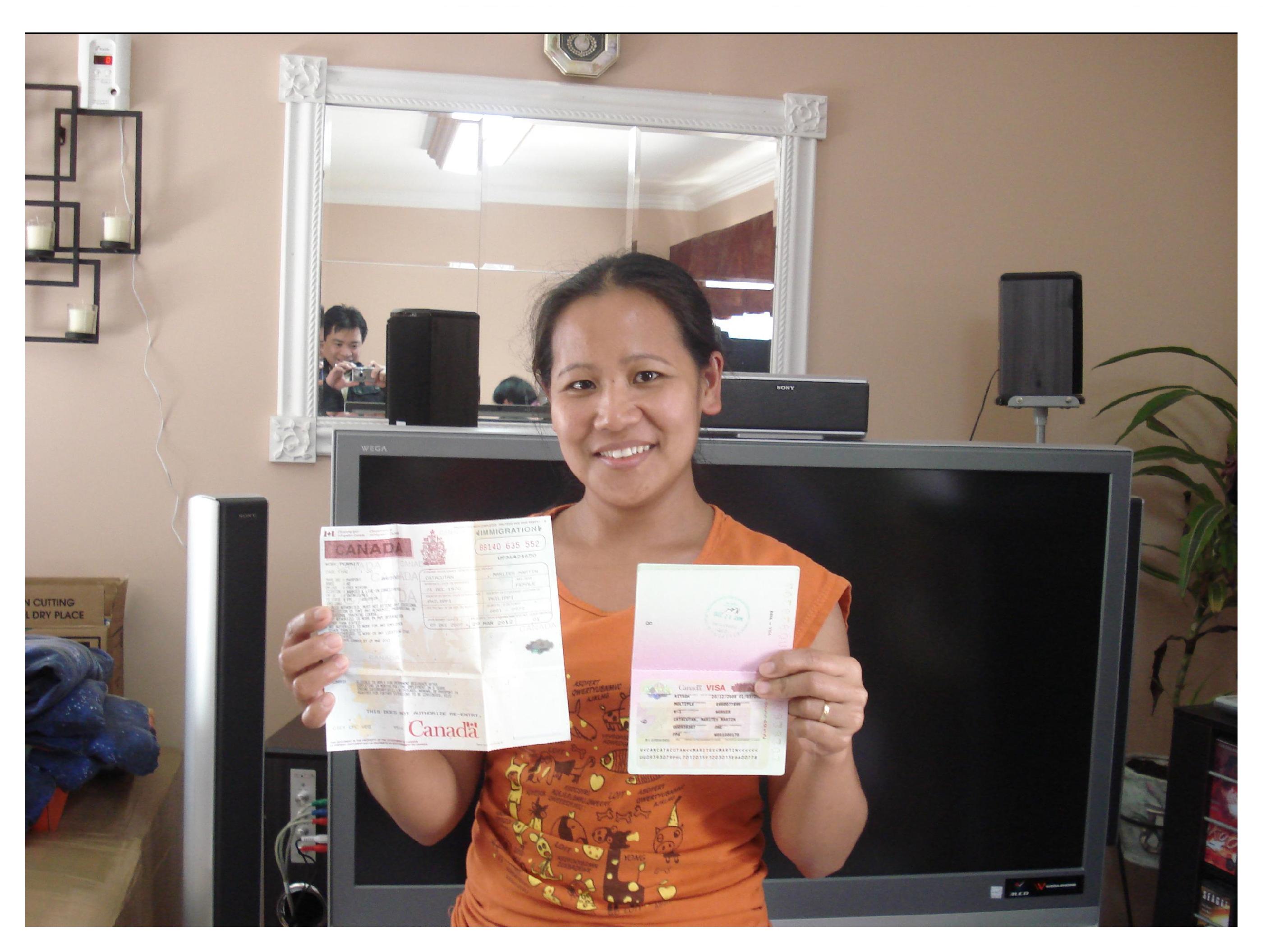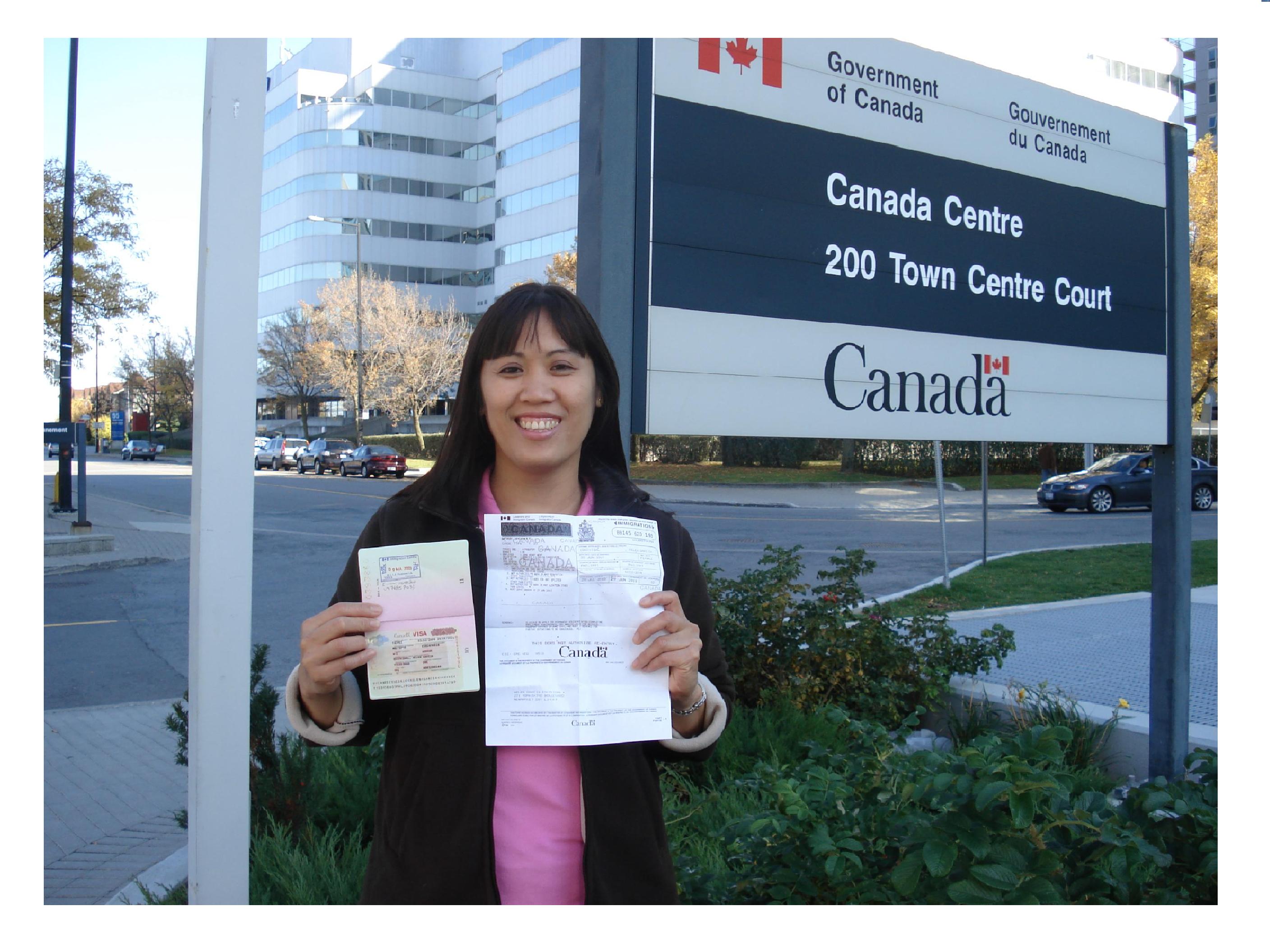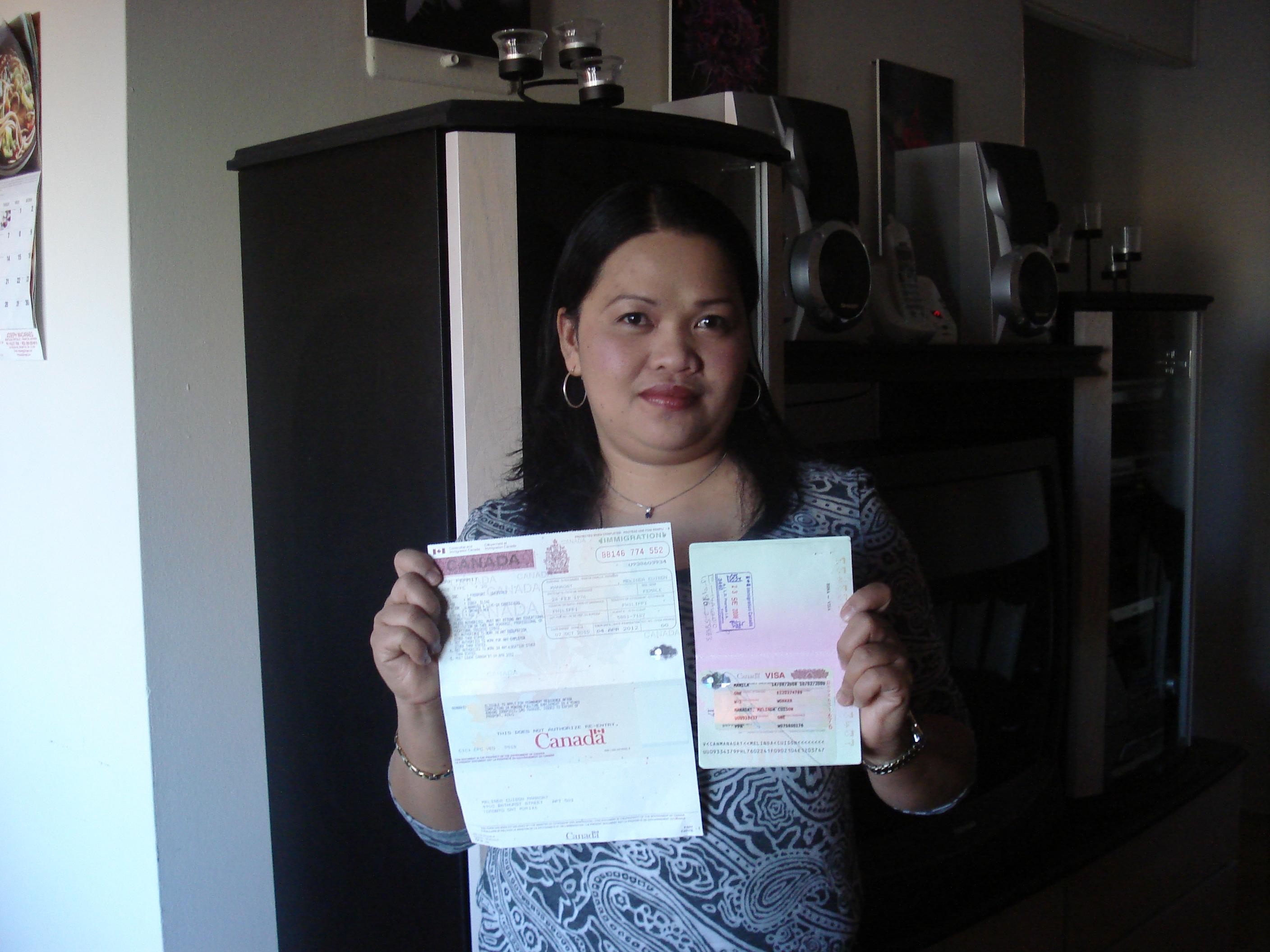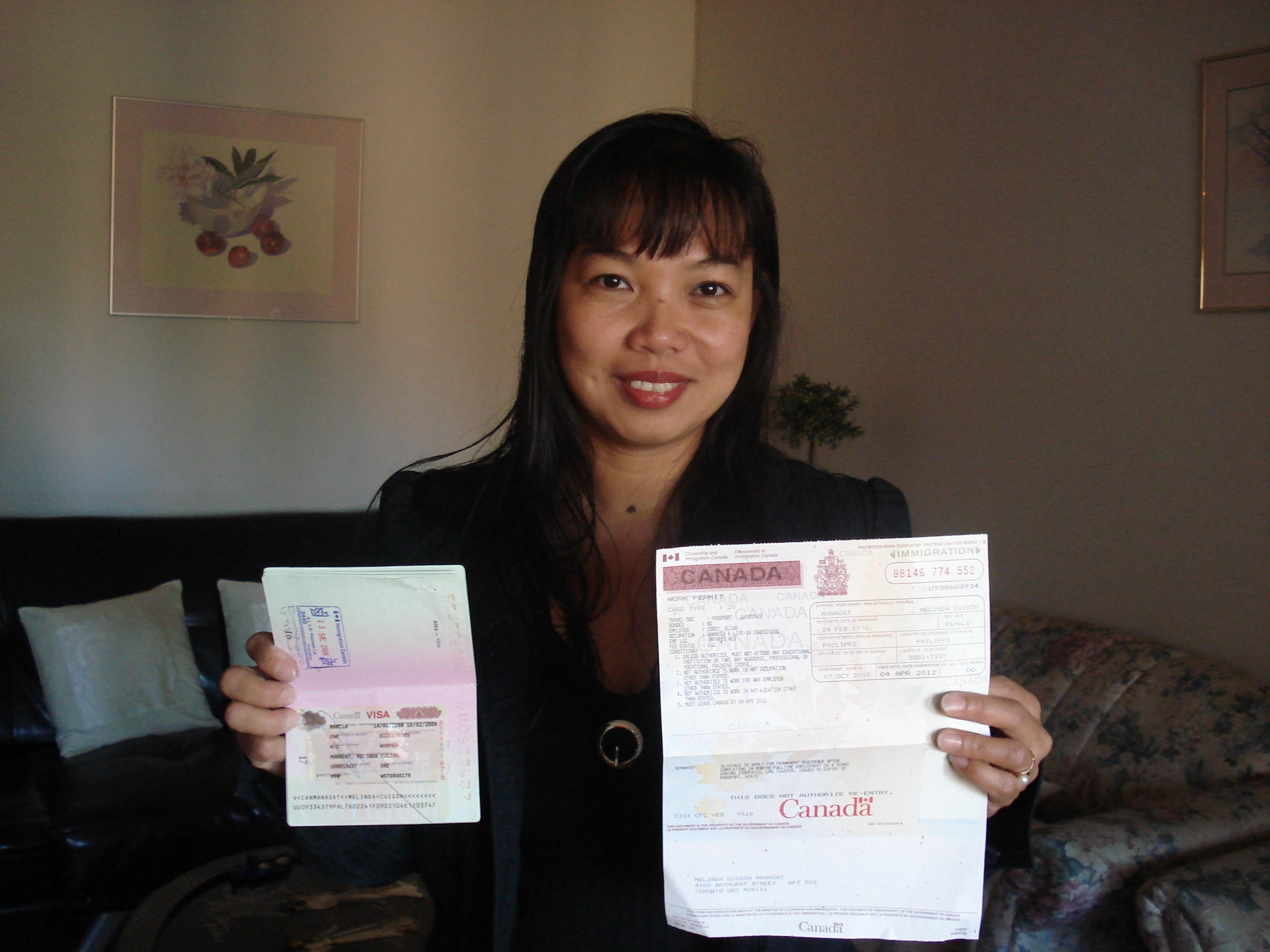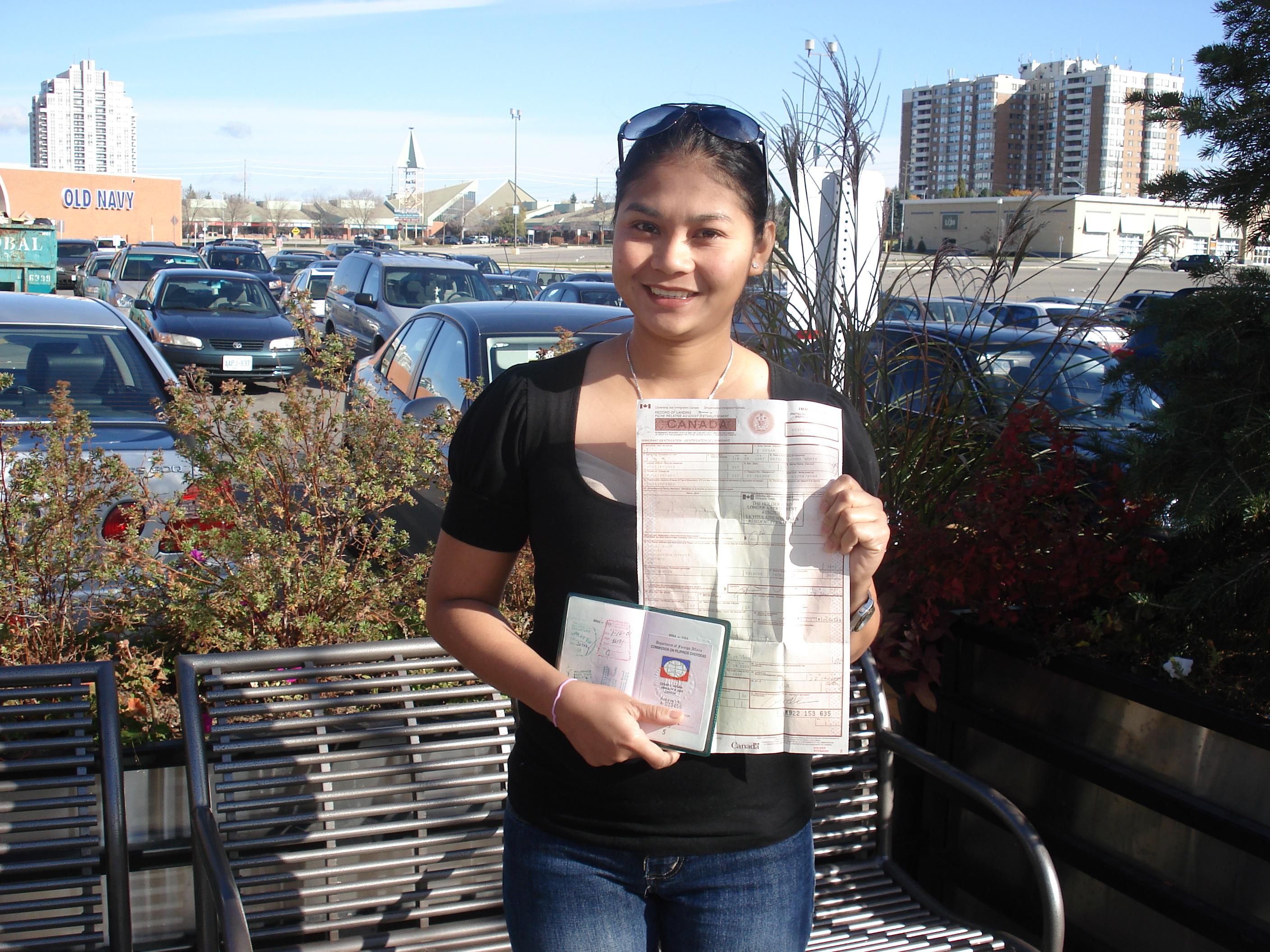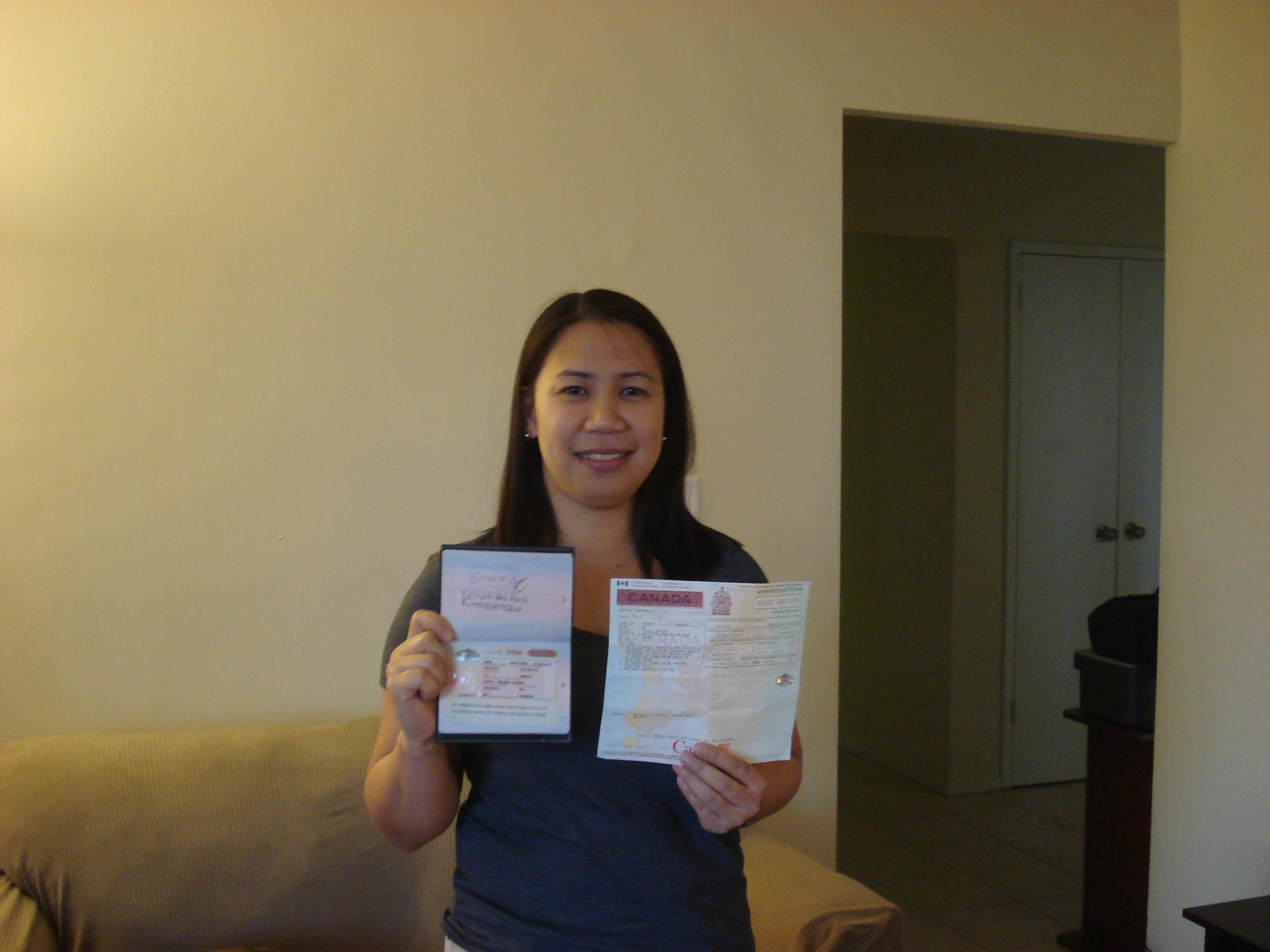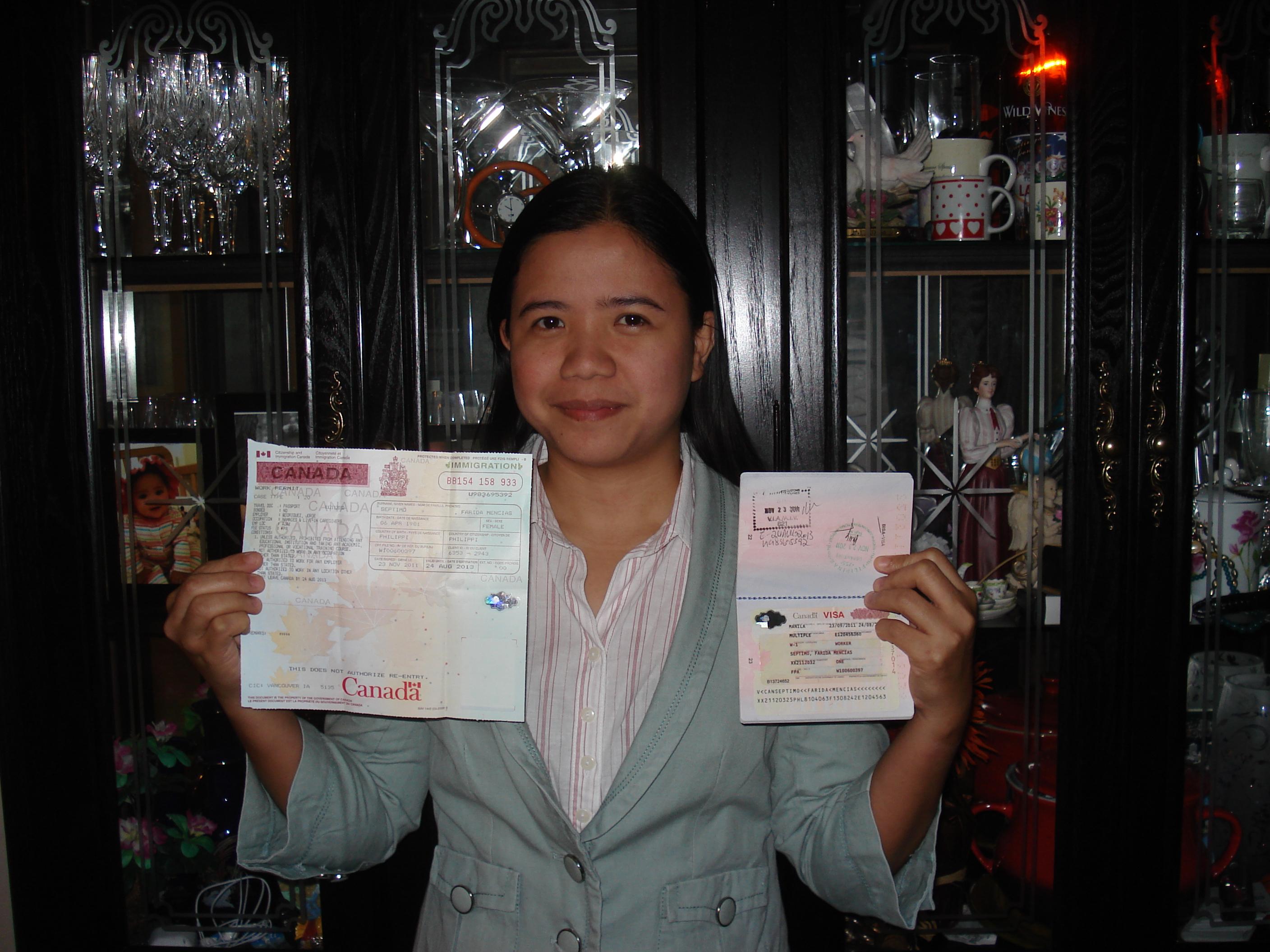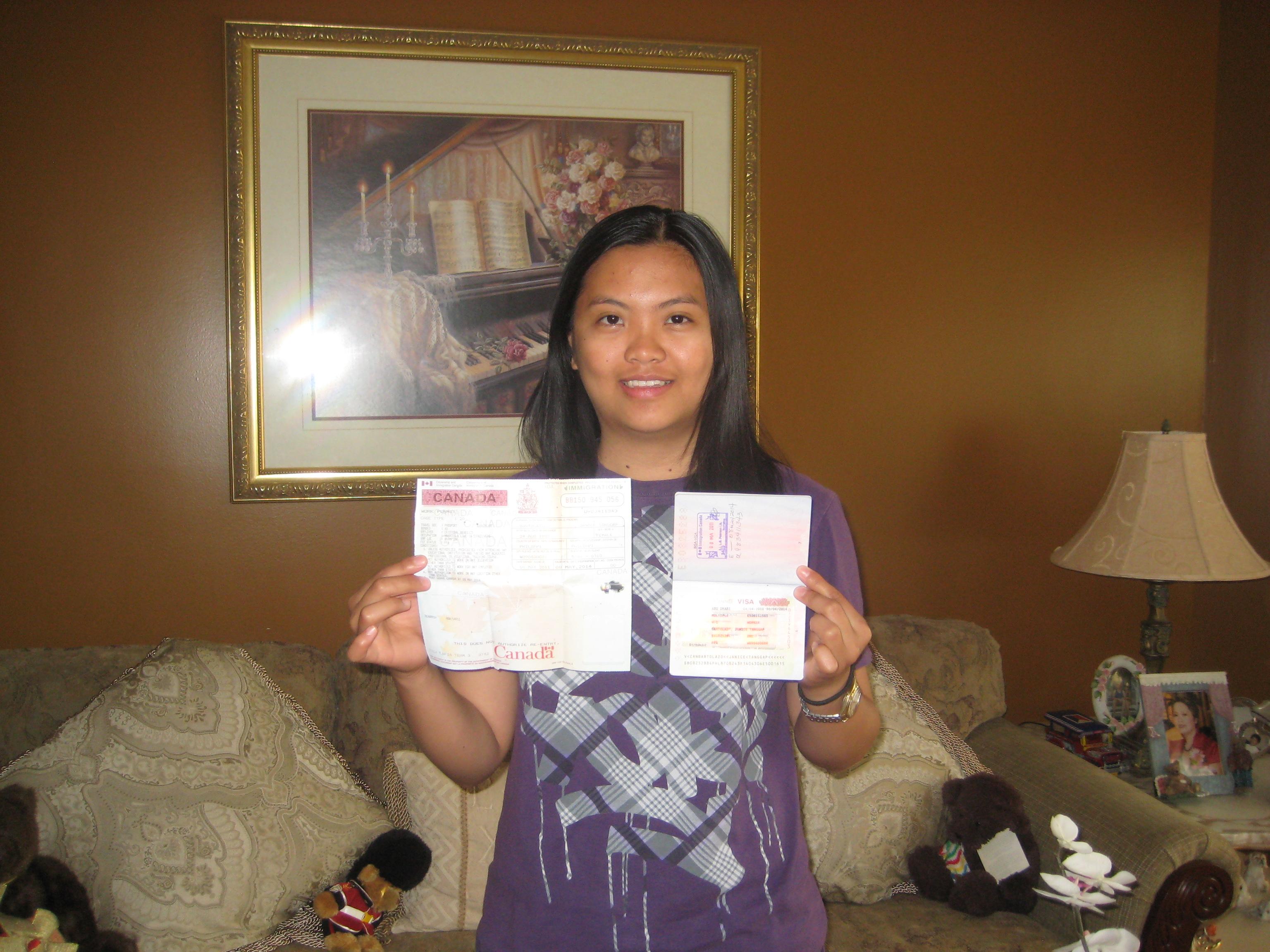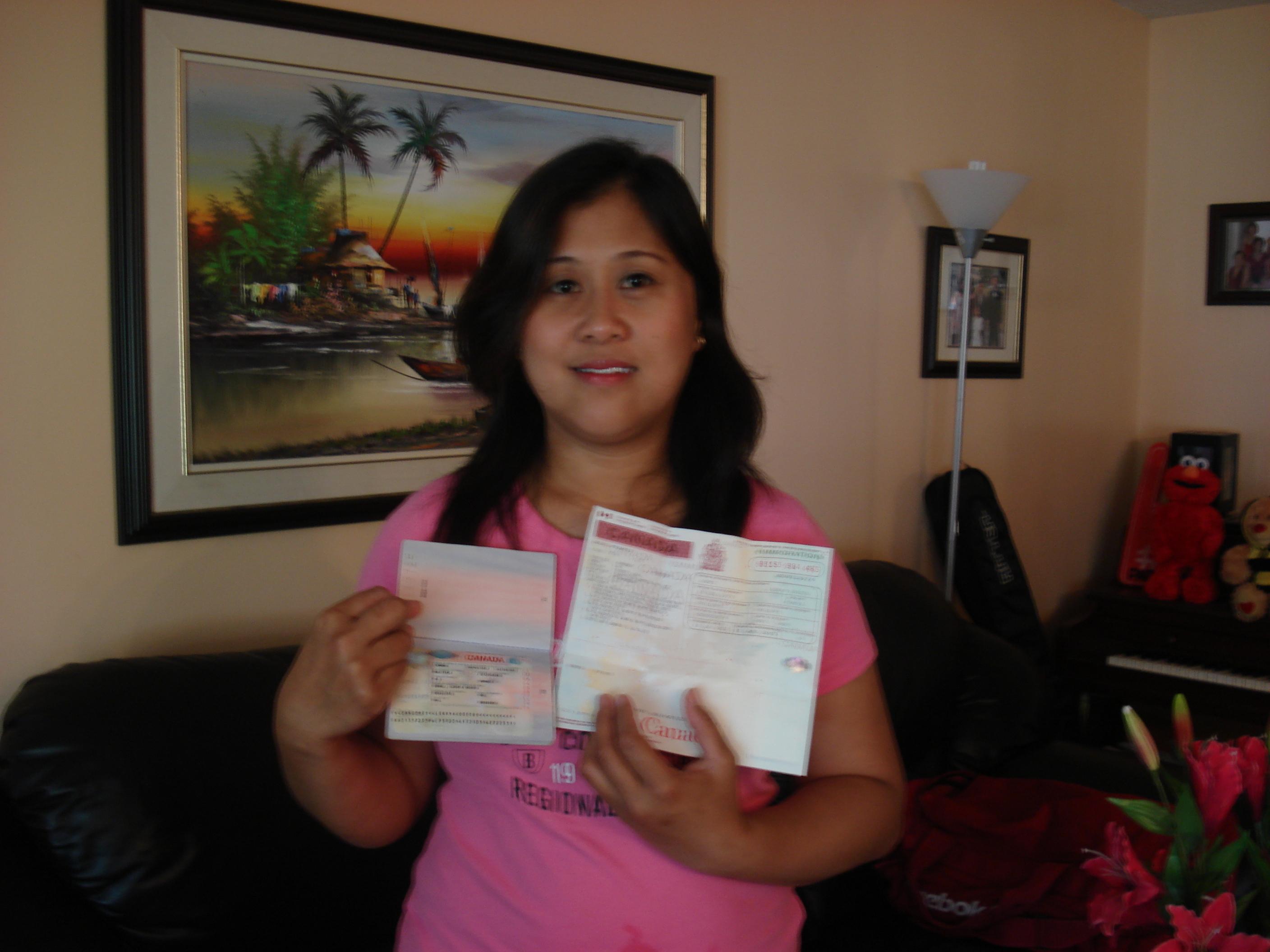Documents for your family
It may be possible for your family members to come live with you in Canada during the duration of your studies. In most cases, “family” includes spouses, common-law/conjugal partners, and dependent children. If your family members enter Canada without you, they may be admitted on visitor status for up to six months. Family members most often apply to come initially as visitors. They may need to pass a medical examination in advance.
Visitors admitted for six months or less are not eligible for MSP (BC’s provincial health insurance plan).Therefore, if they plan to stay longer than six months, you should apply to extend their stay as soon as possible.
Visas for family members
Depending on their country of citizenship, they may need to apply for a Temporary Resident Visa (TRV, or “entry visa”) that allows them to travel to Canada. If your family members will accompany you to Canada, they can either apply at the same time as you or join you after you have arrived.
To ensure that your family members travelling without you are admitted to Canada as visitors for the length of your study permit, be sure to send them copies of your study permit, Temporary Resident Visa (if you have one) and passport for them to present to the authorities at the Canadian port of entry (airport or border crossing).
Study permits for children
Minor children (under the age of 19 in British Columbia) already in Canada can study without a study permit at the pre-school, primary or secondary level if at least one parent is authorized to work or study in Canada. However, minor children applying from outside Canada to accompany a parent for work or study in Canada should apply for a study permit. In general, having a study permit (rather than a visitor record) can make the immigration process run more smoothly for accompanying minor children. Note that minor children who are accompanying a family member who has applied and been approved for a work or study permit before entering Canada do not need to provide a letter of acceptance from an educational institution. Pease see Citizenship and Immigration Canada's guidelines on minor children for more information.
You should bring two years of official school records for your children, in English or with a certified English translation. You may also need immunization records since birth and their original birth certificate.
Extending documents for family members
When extending documents, each dependant (including children) requires his or her own valid documentation to stay in Canada. Extend their documents before the expiry date and pay the appropriate fee for each person.
Visitor documents may include a stamp in the passport or a visitor record. An undated Customs stamp normally authorizes the visitor to remain in Canada for six months. Your family members should make sure their passports get stamped during the border crossing.
Applying for documents together as a family
For many CIC forms, there is an option to fill out only one application for the entire family. For example, accompanying spouses or common-law partners of study permit holders can often apply for open-work permits that last as long as the study permits of their student partners, if the student is studying full-time at the time of application.
When the study permit holder extends her/his study permit using the online MyCIC system, applications for new, or extension of, documents of accompanying spouses and all dependents can be made at the same time. There will be a fee for each document requested.
Inviting your family to visit you in Canada
If a family member (such as a parent) requires a Temporary Resident Visa (TRV) and wants to come visit you in Canada temporarily – for example, to attend your graduation ceremony – you can provide documents to assist them with their TRV application. Read more about inviting friends and family to visit.
Additional documentation may be required
Some Canadian visa offices have additional requirements. Please check the website of the specific visa office and look for “Visa Office Specific Instructions” in order to confirm if additional documents are needed and if the application procedure is different.
Send these documents to your family members so they can present the documents right away to the Canadian visa office through which they will apply for temporary resident status. If they do not need to apply for a visa, they should bring these documents to present at the border if asked. Be sure to make copies of these documents. Keep one copy for yourself.
Work permit for your spouse/partner
If you are an international student studying full-time and have a valid study permit, your spouse or common-law partner can apply for an open work permit. Having an open work permit enables your spouse or partner to work on or off campus full-time while you study. See also Documentation for your family.
When should you apply?
Your spouse/partner can apply for a work permit before or after they arrive in Canada. The work permit will usually be issued for the same length of time as your study permit. Your spouse/partner does not need a job offer to apply for a work permit.
In some cases, Canadian visa offices abroad will process spouse/partner work permit applications at the same time as study permit applications. In this case, you will need to include the additional fee for the work permit and complete the work permit application for your spouse/partner, available from the website of the consulate.
Most spouse/partners come to Canada as visitors first and apply for a work permit after they are in Canada. If your spouse or partner does not require a TRV, they may be able to apply for a work permit at the border or airport where they enter Canada.

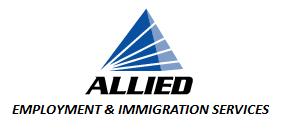
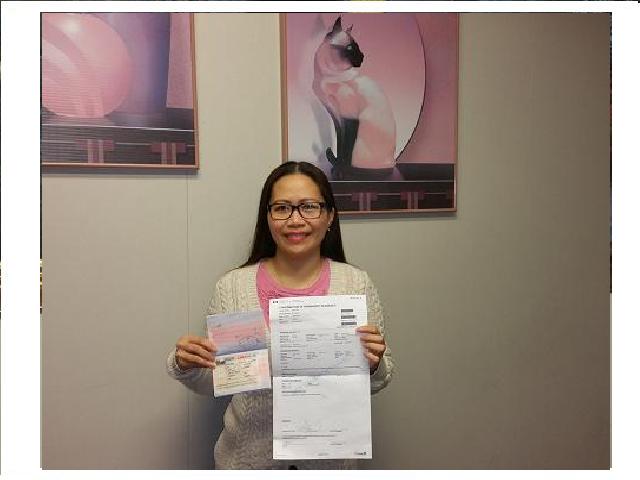
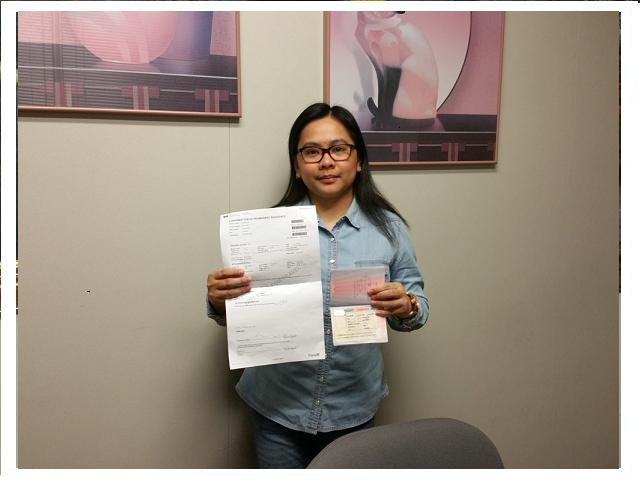
.jpg?template=generic)
